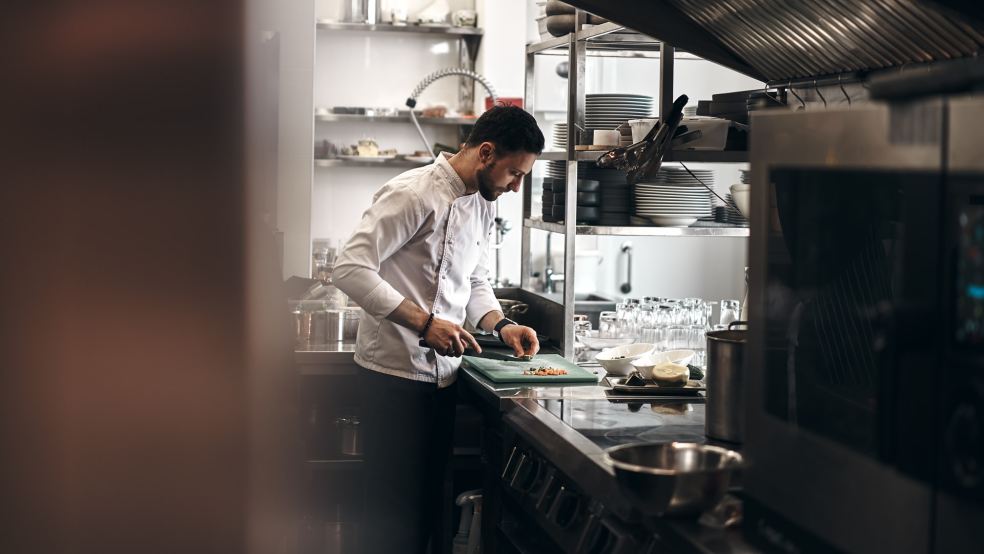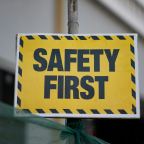
The Essentials You Need to Open a Kitchen
The food service industry in the UK is a strong and resilient one. The worst of the coronavirus pandemic saw the market’s value sink by nearly a quarter – but mere months after the lifting of the last remaining domestic restrictions, the industry is projected to return to pre-pandemic value.
With this in mind, opening a kitchen is a shrewd business move in a steadily growing market, especially when tech solutions are widening the reach of even the most local food services. Whether you’re opening a dark kitchen or new restaurant concept, you will need to reckon with the following essentials to ensure your business’ short-term compliance and long-term success.
High-Quality Staff
There are many corners you can effectively cut in hospitality without significantly affecting your end results, but staffing is certainly not one of them. A skilled, diligent and cohesive kitchen cohort is nothing short of crucial for the smooth running of any restaurant or kitchen, whether the business model relies on high volume or high-quality cuisine. An experienced and conscientious head chef makes kitchen management easy, while hard-working and skilled cooks and kitchen porters will minimise risk significantly.
Kitchen Equipment
While it is true that a kitchen is generally only as good as it’s chefs, the quality of the equipment you source can make a world of difference to the speed and quality of service. You will need to invest in convection ovens, professional hobs, flat tops and commercial extraction fans, but perhaps more important is the provision of high-quality cookware, from saucepans and pots to kitchen knives and chopping boards.
Reliable Suppliers
Fresh produce is a must for any kitchen worth its salt, and yours is no different. Finding and selecting the right suppliers to keep your kitchen well-stocked and ready for the week is something of a constant job, with prices fluctuating and certain merchants receiving better produce on certain days.
Different suppliers will specialise in different things, and you will likely have separate and regular contracts for meats, vegetables and spices. Maintaining an awareness of each individual market can help you stay on top of your requirements for both high-quality ingredients and budget.
Location, Location, Location
The location for your kitchen is a of vital importance, but is also entirely dependent on your business model. Dark kitchens aiming to make their income via ordering platforms can afford to expand their search to trade buildings and industrial units, having no need for a customer area. Those hoping to open a casual daytime food bar or greasy spoon can save money in looking at retail shopfronts for quick conversion, while those intending to open a more bespoke restaurant concept may need to spend more on a central, purpose-built urban unit.











